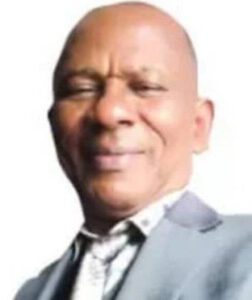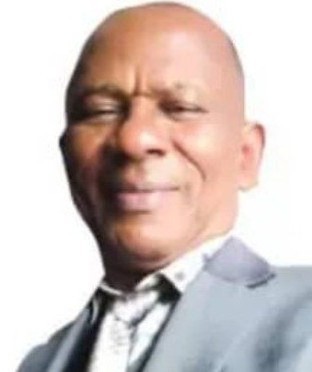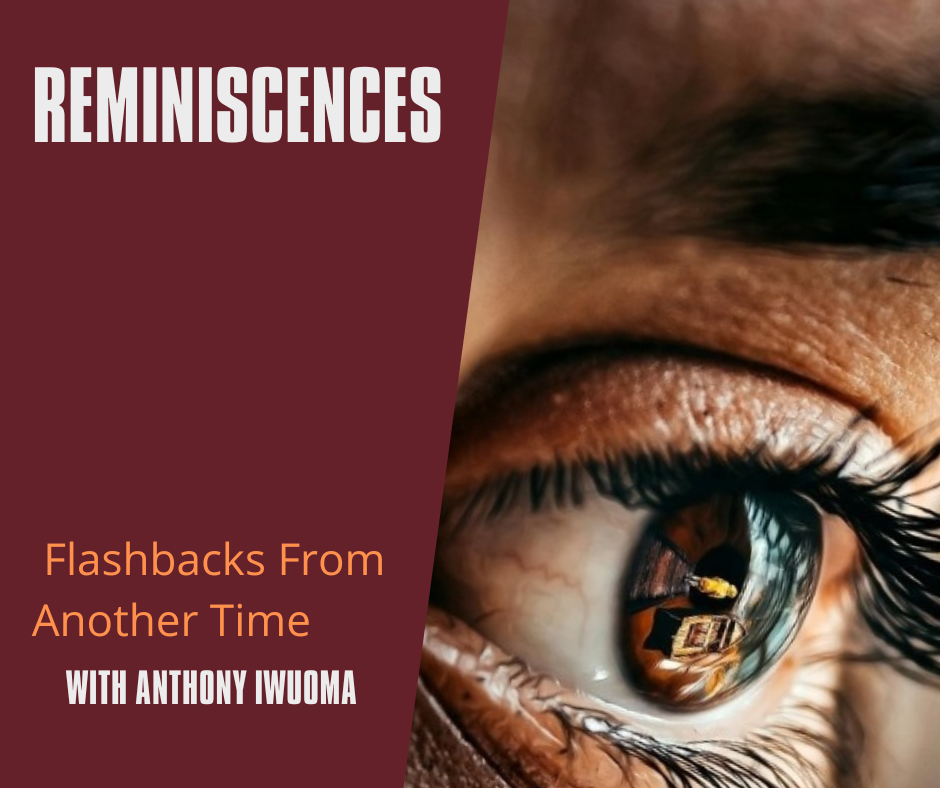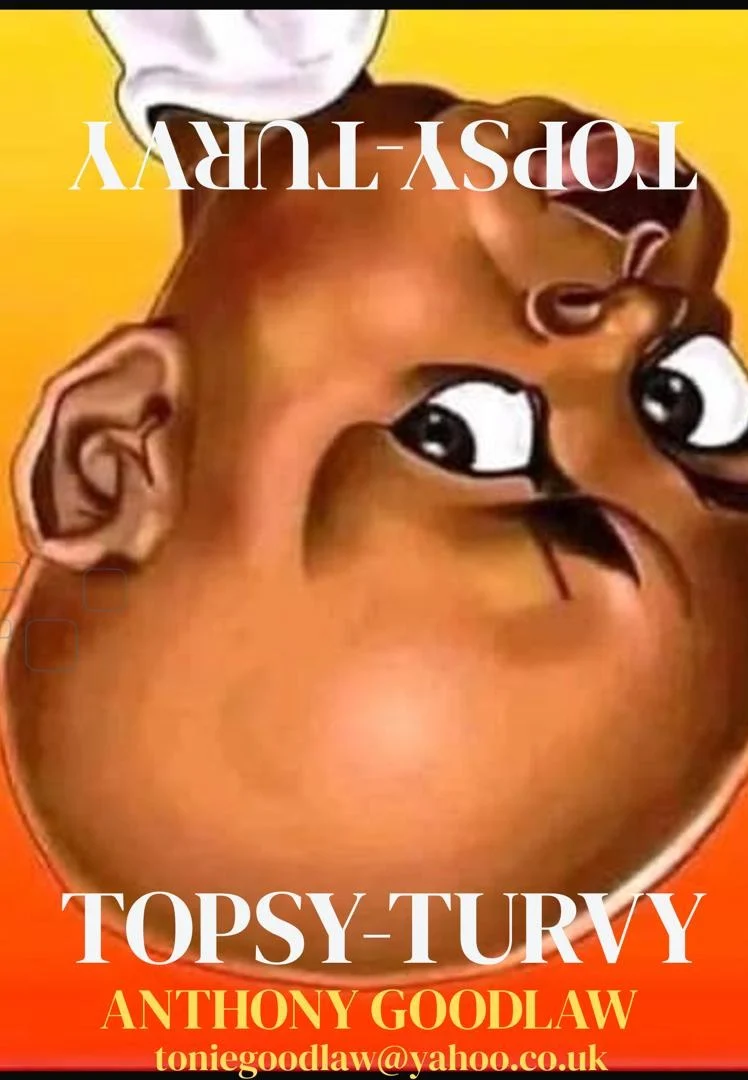
Anthony Iwuoma
By Publisher
Kindly share:
By Anthony Iwuoma
The political landscape of Imo State has long been marked by a complex and often divisive regional structure, with each zone vying for its fair share of political power. However, one region that has remained notably sidelined in the state’s governance for far too long is Okigwe.
Historically, Okigwe has been relegated to the margins, overshadowed by the dominant Orlu and Owerri zones, both of which have enjoyed extensive political influence. As the state approaches the 2028 gubernatorial election, Okigwe must break free from its long-standing political inertia and rise to the occasion.
The Imo Charter of Equity, a political agreement established in the early days of the state’s formation, was meant to guide the rotation of political offices among the three zones of the state, viz, Orlu, Okigwe, and Owerri. The primary goal of the Charter was to ensure that no region would monopolise political power for an extended period. However, despite the existence of this agreement, the Orlu zone has largely dominated the governorship of the state since the inception of the Fourth Republic in 1999.
Governor Hope Uzodimma of the Orlu zone, who took office in 2020, is the most recent beneficiary of this dominance, extending Orlu’s hold on power to an astonishing 24 years. Before Uzodimma, the state was led by Achike Udenwa (Orlu, 1999–2007) and Ikedi Ohakim (Okigwe, 2007–2011), but the political landscape remained largely skewed in favour of Orlu. This dominance has led to a situation where the Imo political environment has been perceived as unbalanced, with one zone consolidating power while the others remain marginalised.
Okigwe certainly deserves the next governorship. The Charter of Equity was established precisely to prevent any one region from holding political power for too long and to allow each zone to govern in turn. The argument for Okigwe to produce the next governor is, at its core, a call for justice and fairness.
After 24 years of Orlu dominance, it is now time for the other zones, particularly Okigwe, to have their turn. Owerri, while hosting the state capital, has enjoyed considerable political influence, but Okigwe mustn’t be further left behind. The time has come to honour the spirit of the Charter of Equity by allowing Okigwe to produce the next governor, ensuring that no region is left perpetually in the background. This shift would reflect a commitment to political fairness and foster a sense of belonging among all Imo citizens, regardless of their regional origins.
Apart from being almost perpetually shackled to produce overly verbose and ineffectual speakership of the state House of Assembly and despite boasting of a vibrant and diverse population, with a wealth of professionals, entrepreneurs, and educated youth who are well-equipped to lead the state forward, Okigwe has historically been underrepresented in the highest levels of state governance.
Okigwe is blessed with abundant natural resources, including fertile land for agriculture, which could be leveraged for both local and regional economic growth. With the right leadership, Okigwe can become an economic powerhouse that boosts agriculture, industrialisation, and job creation in Imo State.
Insecurity has become one of the most pressing issues in Imo State, with rising cases of banditry, kidnapping, and clashes between various groups. A governor from Okigwe would likely foster greater unity and inclusivity, helping to restore peace and stability across Imo State. By engaging local communities and prioritising grassroots security initiatives, Okigwe’s leadership could bring about a safer environment for all citizens of the state.
However, despite being rich in human resources and home to many prominent sons and daughters, Okigwe has found itself on the political periphery in Imo State not due to a lack of capable leaders or the absence of potential; rather, it is the result of a combination of historical, political, and socio-economic factors that have perpetuated its marginalization.
One of the biggest challenges Okigwe faces is the lack of political cohesion within its ranks. Okigwe has often been fractured by internal squabbles, personal rivalries, and an overwhelming focus on individual rather than collective interests. These divisions have made it difficult for the region to present a united front when it comes to pursuing high office in the state.
Okigwe’s stakeholders have often been consumed by selfish politicking. Leaders have focused more on their individual gains, sometimes sabotaging one another in the process and thereby weakening the region’s collective bargaining power and making it difficult to consolidate enough political capital to challenge the dominance of Orlu and Owerri.
Also, Okigwe, despite its vast natural resources, has not been able to translate its potential into sustained economic development. While the region boasts fertile agricultural land and a growing number of professionals, it has long been underdeveloped compared to the other zones, particularly Owerri, which benefits from its status as the state capital, and has been the focal point of much of the state’s economic activity, with major investments in infrastructure, education, and industries. In contrast, Okigwe has not enjoyed the same level of infrastructural development.
Perhaps, the most glaring factor in Okigwe’s political stagnation has been its marginalisation in terms of resource distribution. Imo State’s allocation of resources, whether in terms of infrastructure, development funds, or state-sponsored programmes, has historically favoured the other two zones. This uneven distribution of resources has contributed to Okigwe’s underdevelopment and marginalisation in the state’s political and economic landscape.
Another key reason for Okigwe’s political stagnation has been the absence of strategic political leadership that can effectively navigate the complex web of Imo State’s politics. While Okigwe has produced competent and influential figures over the years, there has often been a lack of continuity and coordinated effort to push the region’s interests to the forefront. This has allowed Orlu and Owerri to take advantage of opportunities to secure top political positions and dominate governance in the state.
In Imo, political power has largely been a game of alliances and strategic positioning. Orlu, with its larger population base and unified political machine, has been able to secure the governorship for over two decades. Owerri, despite its political proximity to the state capital, has also been able to leverage its position to corner key developmental infrastructure. Okigwe, on the other hand, has been left behind due to a lack of foresight and political calculation. The region has failed to form the kind of cohesive alliances necessary to challenge Orlu’s stronghold, allowing the latter to maintain its dominance.
Without doubt, Okigwe has produced several prominent sons and daughters who have achieved success in various fields, ranging from politics to academia, business, and the military. Many of these individuals have failed to translate their influence into political power for the region. Nevertheless, some Okigwe leaders have been too focused on personal ambition, and as a result, they have not fostered the necessary political infrastructure or alliances to propel the region to prominence. Others have been overshadowed by figures from Orlu and Owerri who have been able to wield greater political influence, often through long-standing relationships with the powers that be. This has resulted in Okigwe’s influential figures being relegated to peripheral roles, despite their considerable achievements.
For Okigwe to overcome these historical disadvantages and become the political force it is capable of being, it must confront its internal divisions, prioritise economic development, and adopt a more strategic approach to political leadership. Okigwe must come together to form a united front to work towards the collective goal of producing the next governor of Imo State instead of sabotaging itself with divisive and selfish politicking.
The zone must leverage its natural resources and agricultural potential to boost its economy and cultivate visionary leaders who can navigate the complex political terrain of Imo State. It must mobilise its influential figures to champion the cause of the region instead of alienating them. These prominent individuals should not just be symbols of success, but active participants in pushing for political power. Moreover, Okigwe must be more forceful in advocating for a fairer distribution of resources and development projects within Imo State to ensure that the government priotises investments in Okigwe to catch up with the rest of the state.
Okigwe has long been held back by internal divisions, economic underdevelopment, and political fragmentation. Most glaring is its marginalisation in resource allocation. This marginalization, combined with a history of underdevelopment and systemic neglect, has stifled Okigwe’s political and economic potential. But with the right leadership, unity, and focus, Okigwe can overcome these challenges and rise to become the next political powerhouse in Imo State.
The time has come for Okigwe to unshackle itself from the shadows of political marginalisation. After 24 years of Orlu’s dominance, the people of Okigwe deserve a chance to step forward and take their place in the political leadership of the state.
Okigwe is ready to produce the next governor of Imo State, not just a political necessity but a moral imperative that will ensure a more balanced, fair, and prosperous Imo for generations to come.
Okigwe, it is time to rise and reclaim the glory that has long been denied. The road ahead is not easy, but with determination, solidarity, and a renewed sense of purpose, Okigwe can and should lead Imo State into the future.
NB: Who shall we send, who shall go for us?
While positioning Okigwe for Douglas House, it is also imperative to first get it right at home by asking, as it was asked in Isaiah, “Who shall we send, who shall go for us?”
We shall send the right people to represent the zone in the National Assembly. This especially so considering the role such a person will play in determining who the next state governor shall be.
Gone are the days of wishy-washy representation. Gone are the days of sending mercantile stragglers to the hallowed chambers to represent themselves and their paymaster, not Okigwe.
We need ideas-packed people who understand that representation does not equate self-enrichment. Above all, those with humanity at heart, who can survive outside the spoils of politics. People with tested and proven integrity, who can connect well with colleagues and pluck the much-desired apples for the zone. The search should begin NOW.
Anthony Iwuoma is a newspaper columnist. He wrote from Okigwe





